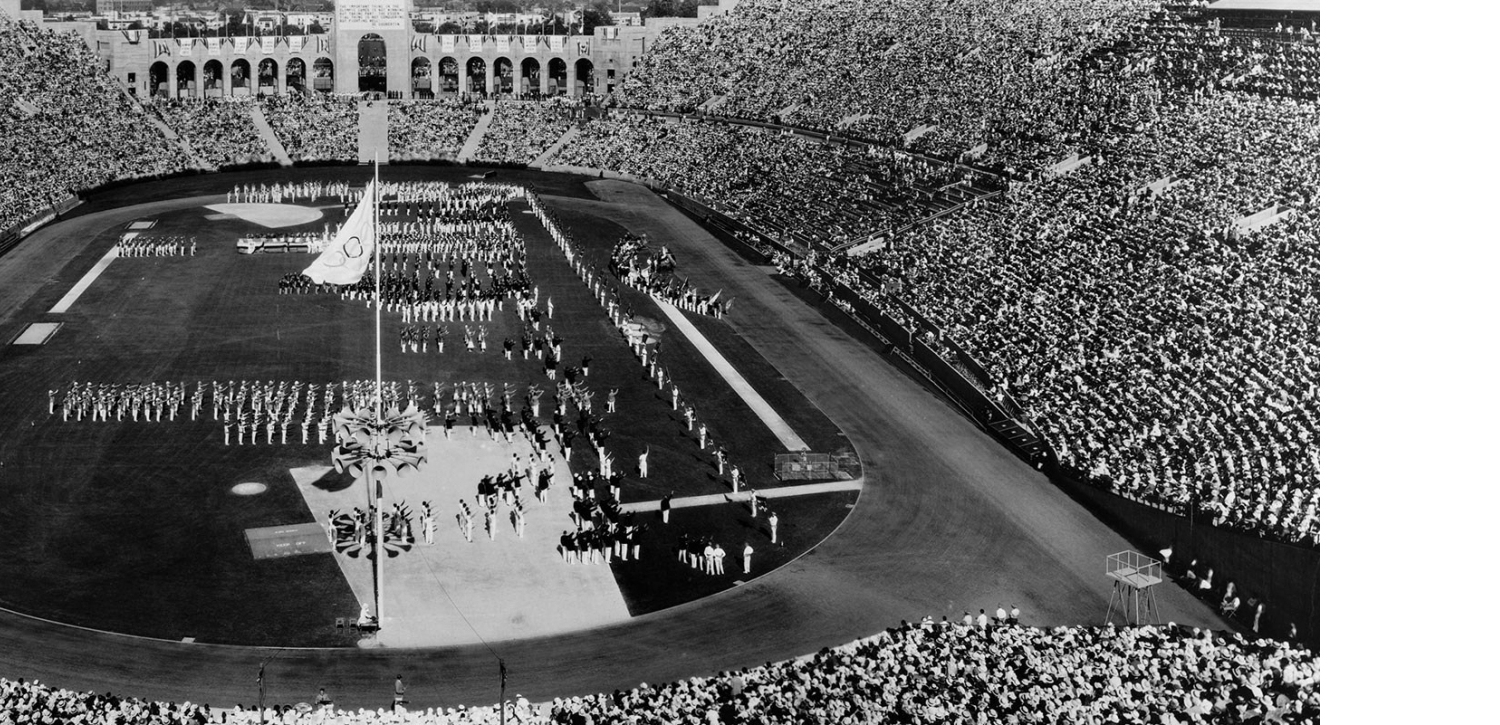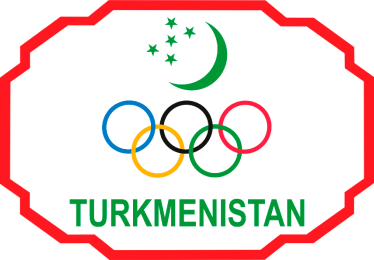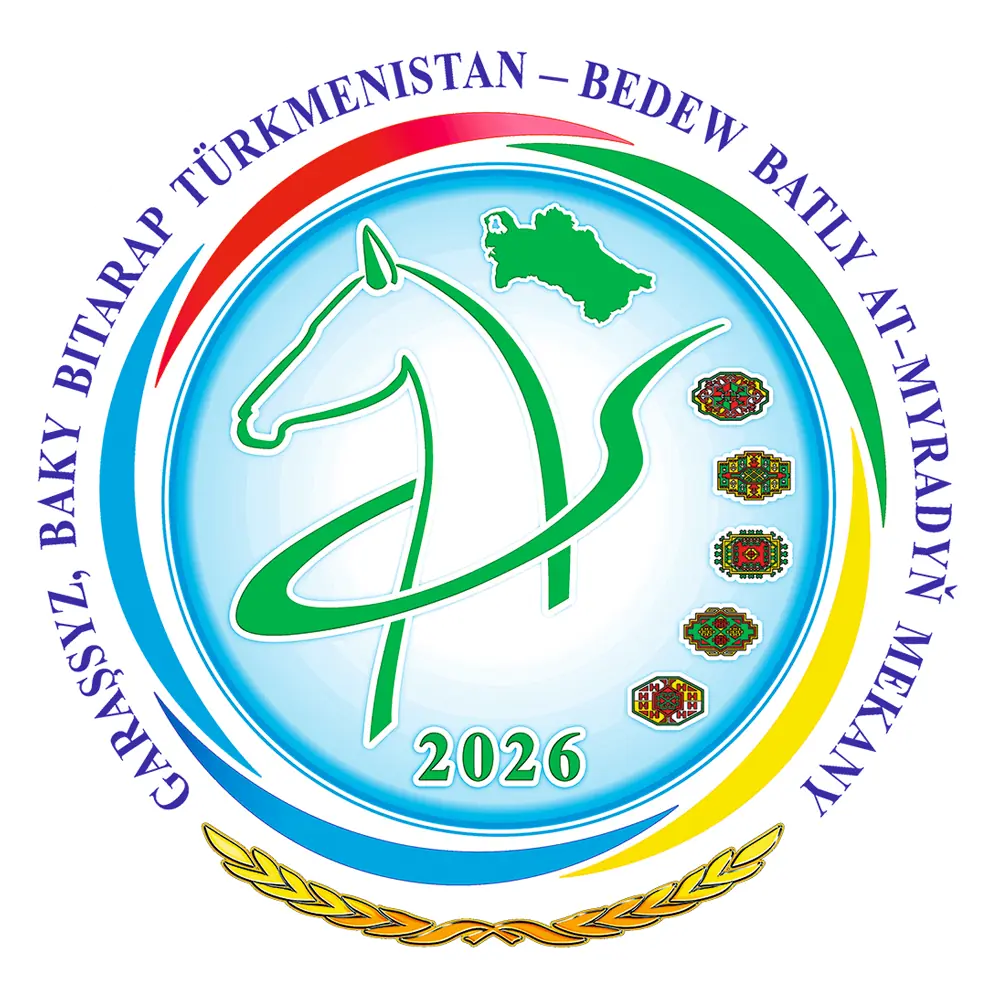
History
The IOC organises the modern Olympic Games and Youth Olympic Games, held in summer and winter, every four years.



The IOC organises the modern Olympic Games and Youth Olympic Games, held in summer and winter, every four years.
The IOC was created by Pierre de Coubertin, on 23 June 1894 with Demetrios Vikelas as its first president. As of June 2017, its membership consists of 95 active members, 41 honorary members, an honorary president (Jacques Rogge) and one honour member (Henry Kissinger). The IOC is the supreme authority of the worldwide modern Olympic movement.
The IOC organises the modern Olympic Games and Youth Olympic Games, held in summer and winter, every four years. The first Summer Olympics organised by the IOC was held in Athens, Greece, in 1896; the first Winter Olympics was in Chamonix, France, in 1924. Until 1992, both Summer and Winter Olympics were held in the same year. After that year, however, the IOC shifted the Winter Olympics to the even years between Summer Games, to help space the planning of the two events from one another, and improve the financial balance of the IOC, which receives greater income on Olympic years. The first Summer Youth Olympics were in Singapore in 2010 and the first Winter Youth Olympics were held in Innsbruck in 2012.
In 2009, the UN General Assembly granted the IOC Permanent Observer status. This decision enables the IOC to be directly involved in the UN Agenda and to attend UN General Assembly meetings where it can take the floor. This has provided the possibility to promote sport at a new level. In addition, in 1993, the UN General Assembly approved a Resolution that further solidified IOC–UN cooperation with the decision to revive the Olympic Truce, by adopting a Resolution entitled “Building a peaceful and better world through sport and the Olympic ideal,” which calls upon Member States to observe the Olympic Truce before every iteration of the games, and to cooperate with the IOC and the International Paralympic Committee in their efforts to use sport as a tool to promote peace, dialogue and reconciliation in areas of conflict during and beyond the period of the Olympic and Paralympic Games.
During each proclamation at the Olympics, announcers speak in different languages, French is always spoken first followed by an English translation and the dominant language of the host nation.